In a crucial meeting in Paris, Ukraine’s President Volodymyr Zelenskyy called on European allies to turn their supportive rhetoric into tangible military commitments as the conflict with Russia continues. With over three years of invasion, Ukraine is not only asking for ongoing aid but also for long-term security guarantees in the event of a peace deal. While leaders from the UK and France are advocating for troop commitments, Germany and other nations remain hesitant. NATO Secretary-General Mark Rutte expects clear pledges to galvanize U.S. support, especially as President Trump conditions American backing on European leadership.
French President Emmanuel Macron announced that Trump is likely to clarify U.S. security guarantees for Ukraine soon, dependent on a ceasefire with Russia, even as negotiations stall. European countries are pushing ahead with a coalition plan involving 26 members pledging various forms of support, including troop deployments and arms purchases. Macron underscored the necessity of U.S. involvement as a deterrent against Russian aggression.
The proposal for a multinational force led by France and the UK is still debated, with divisions among European nations regarding troop commitments. France insists the coalition is prepared to act, contingent on U.S. intelligence and air defense support. Germany has expressed strong reservations about troop deployments, while the UK remains committed to preparations.
The U.S. is prepared to enable a European-led security framework for Ukraine, providing intelligence and air defense assets without committing ground troops. This shift in U.S. policy is contingent on substantial European troop contributions. A former NATO official argues for a European deterrence strategy, emphasizing that credible security guarantees must precede any peace negotiations. The overall strategy hinges on a ceasefire agreement, aiming to position Ukraine favorably in ongoing peace talks.

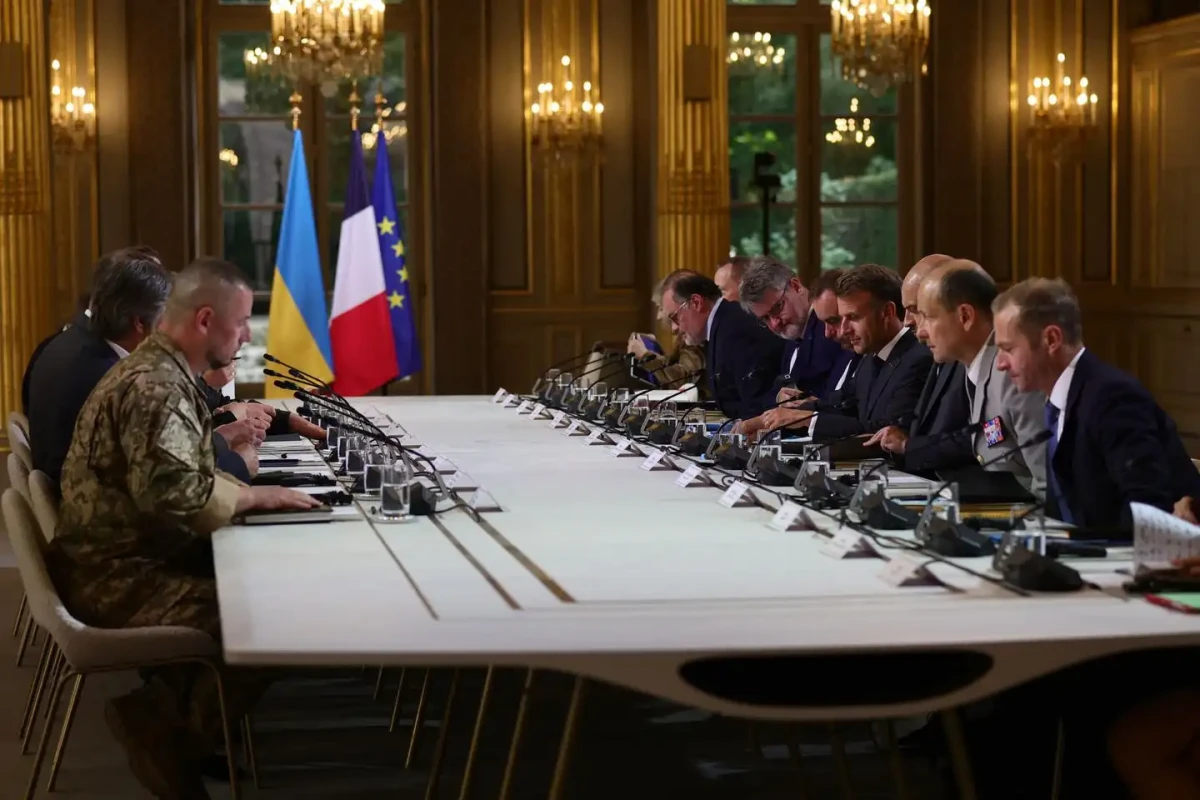
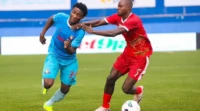

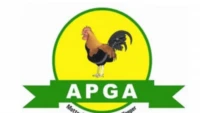


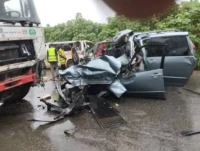
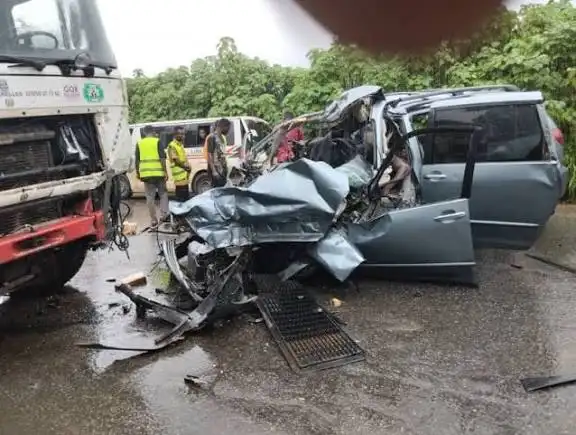
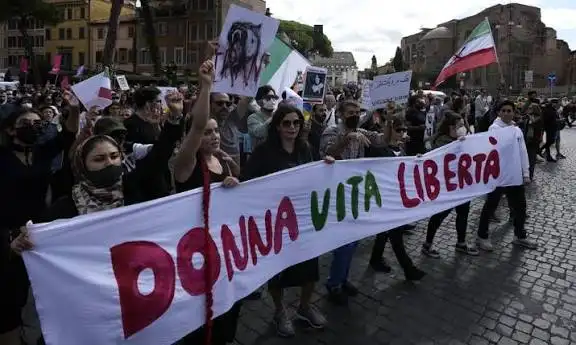
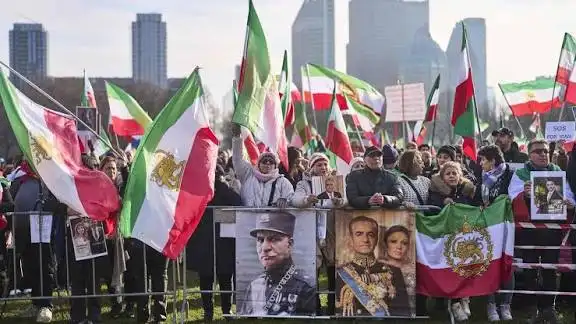
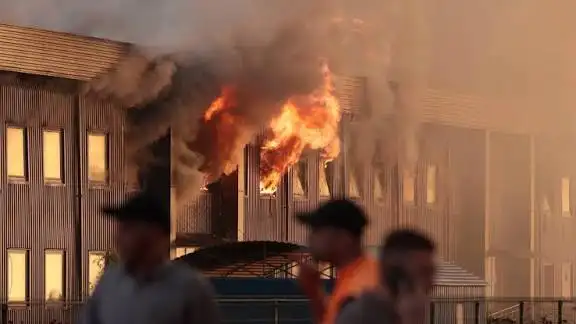
I believe Ukraines coalition partners need to step up and deliver on their promises. Actions speak louder than words!
I believe Ukraines coalition partners will step up and deliver on their promises. Time to see some real action! 🇺🇦💪 #LetsMakeItHappen
I think Ukraines coalition partners need to step up and deliver on their promises ASAP! The people are counting on them.
I believe Ukraines coalition partners need to step up and deliver on their promises. Action speaks louder than words!
Im not convinced Ukraines coalition partners are really committed. They need to step up and prove they can deliver on their promises.
I believe Ukraines coalition partners need to step up and deliver on their promises for real change. Its time for action, not just words!